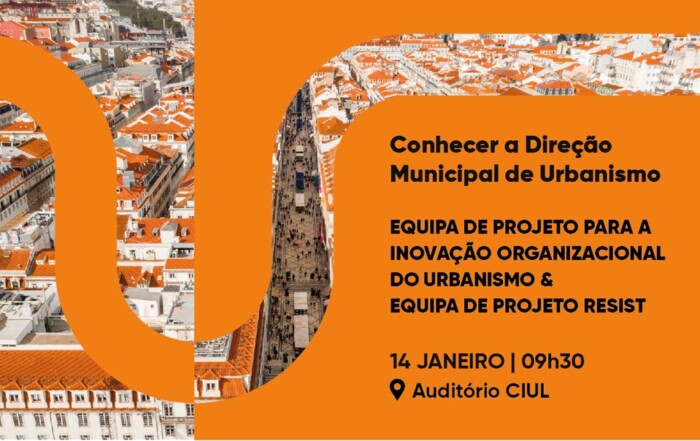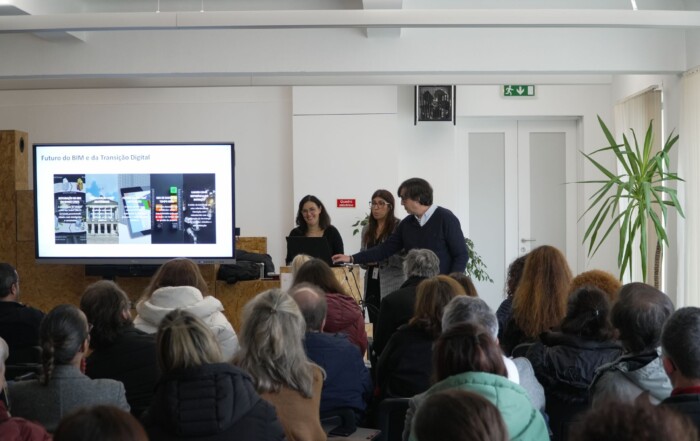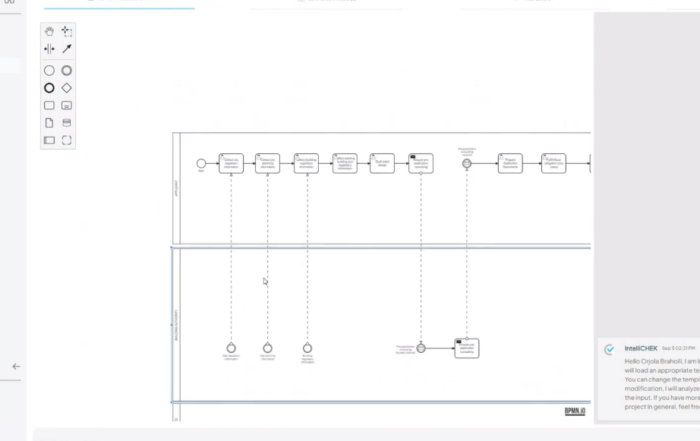CHEK Final Video
After almost three years of collaboration, innovation, and testing, the CHEK Project (Change Toolkit for Digital Building Permits) has officially come to an end.
Funded under the Horizon Europe Programme, CHEK brought together researchers, municipalities, software developers, and standardization bodies from across Europe to design and demonstrate an interoperable digital workflow for building permits.
Throughout the project, the CHEK team:
✅ Developed the CHEK Digital Building Permit (DBP) Toolkit — integrating BIM, GIS, and rule-based checking.
✅ Demonstrated real-life scenarios in several European cities for both new construction and renovation cases.
✅ Promoted collaboration between stakeholders through open standards like IFC, CityGML, and IDS.
✅ Contributed to the ongoing digital transformation of public administration and the built environment.
The outcomes of CHEK are openly available for everyone. Explore all project deliverables and results.
Project outcomes

Open Access Deliverables and Knowledge Sharing
As part of its commitment to transparency, open science, and wide dissemination, the CHEK project makes all its technical and scientific deliverables publicly available. These documents showcase serious breakthroughs in the digitalization of building permitting processes. By enabling free access to validated methodologies, tools, and workflows, CHEK fosters knowledge sharing and supports stakeholders in adopting innovative practices. All outcomes are available for download, reinforcing our mission to contribute openly to digital transformation in the built environment.

OUR MISSION
… is to take away barriers for municipalities to adopt digital building permit processes
Today’s building permit issuance is mainly a manual, document-based process. It therefore suffers from low accuracy, low transparency and low efficiency. This leads to delays and errors in planning, design and construction. Finally, manual (document-based) compliance checking is prone to errors and suffers from limited accuracy and precision.
LATEST NEWS
CHEK Kicked Off 2025 with Its First Monthly Meeting
On January 28, 2025, the CHEK project consortium held its first monthly meeting of the year, bringing together around 30 participants online via Microsoft Teams. The session focused on progress updates, collaboration, and strategic planning
CHEK Project Presented at Lisbon Municipality Event
On January 14th, 2025, our colleagues Andre Espinho, João Frescata Pereira from CHEK's consortium partner Câmara Municipal de Lisboa, presented the CHEK project's progress in a meeting organized by the Lisbon Municipal Direction (DMU) -
Advancing Digital Transformation with the CHEK Project
On January 10th, 2025, Gaiurb, EM gathered over 50 of its technicians to showcase the advancements achieved under the Change Toolkit for Digital Building Permits (CHEK) project. During the session, Gaiurb's technical team presented key
Digital Maturity in Building Permit Processes: CHEK Project’s Preliminary Results
✅ We’re thrilled to share that the preliminary findings from the first testing phase of the CHEK Project are now publicly accessible. These insights, mark an important step toward improving digital maturity in building permit





